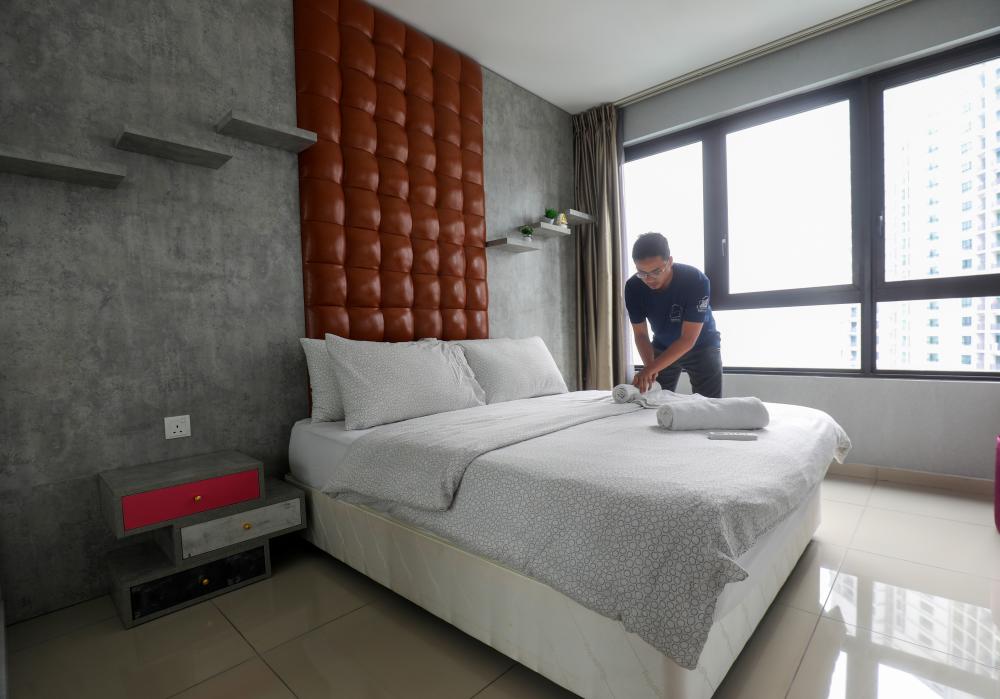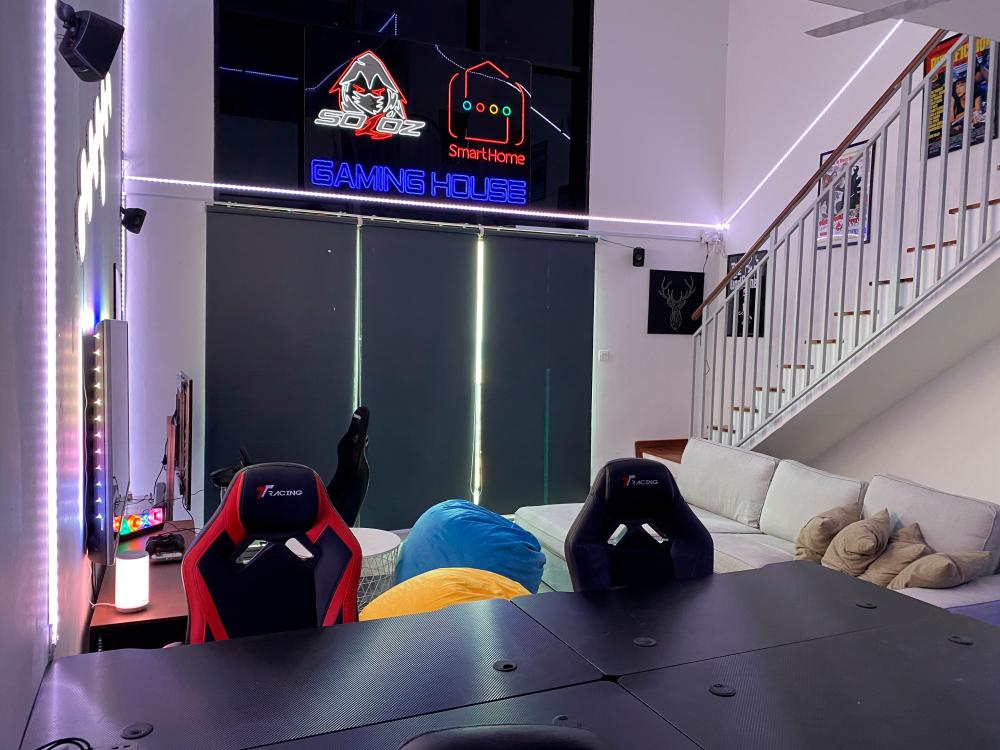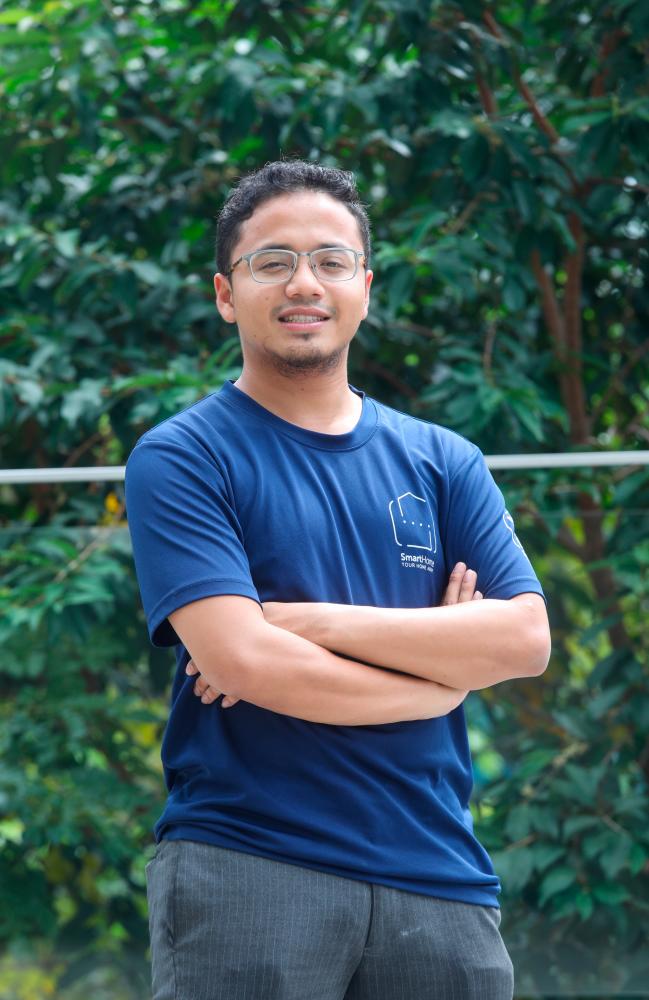AFTER coming back from studies abroad, Umar Abdul Aziz combined two ideas and started a business. The plan was to provide short-term rentals while acquainting Malaysians with smart home technologies.
The strategy has not only survived but thrived during the movement control order.
Now that the light at the end of the pandemic tunnel is in sight, Umar plans to take his concept even further and turn a short stay into a lifelong experience.

What is the concept of the business you are running?
It is called Rental Arbitrage. What I do is rent a place yearly. I sign a contract with the landlord and pay monthly rent. Then, I sublet the house on the Airbnb platform as a short-term rental.
Our unique selling point is that we use smart home technology in the house. What we do is put in Google Home as a smart home brain and replace all the switches in the home with smart switches.
People who come to the house can interact with the home using smart home technology. For example, turning the lights on and off using voice commands. It is just a basic smart home concept.
Right now, it’s for the lights, air conditioner, fans and whatever that has switches and the TV as well. In future, we plan to offer more.
Where did you get the short term rental idea?
I started doing Airbnb on a small scale when I was studying in Philadelphia in the US. A few of my friends went back to Malaysia during the summer. They had rented the place and went back to Malaysia for a few months, so the houses were vacant for several months. And that’s where I got the idea to lease the house on the Airbnb platform. And I could see that we can make a profit out of it.
Also at the time, Airbnb was just starting in Malaysia and was not common yet. That’s when I got the idea that there might be a demand in Malaysia.

Why did you decide to use smart home technologies?
In the US, I saw Google doing everything they could to put their smart technology into everyone’s home. They were practically giving away the Google Home Minis. But when I returned to Malaysia, smart home technology was not as widespread.
I wanted people in Malaysia to get exposure to smart home technologies.
When I implemented the technologies to the properties, a lot of people were asking about it, what it is and how to use it.
How did the pandemic affect your business?
The part that got affected the most was Kuala Lumpur because 70% to 80% of the clients were international tourists. When the borders closed, the demand dropped as well.
For I-City and Cyberjaya, the customers are mainly local.
When the MCO was announced, we thought we were going to have to close down the business.
All hotels closed (but) it was later that they announced hotels could reopen.
By that time, it was too late. Most hotel staff had returned to their hometowns
So the only place that was left for people to stay at were the short-term rentals.
There was (also) no specific place for people to quarantine. Those who needed to quarantine but did not want to do so with their family and put them at risk, had the option of short-term rentals.
For the first two months of the MCO, a lot of people were using our locations.
What is your next project?
In the spirit of providing not just accommodation but also an experience, our upcoming project is a collaboration with Soloz. We turned one of the duplexes into a gaming house.
In Malaysia, there is no place you can rent and hang out with your friends, just your friends, to play video games.
The closest thing we have is a place where you can rent a gaming console to play and pay by the hour. But there is no place where you can hang out overnight.
We put in a PS5, racing simulator, an arcade and board games. So when people want to hang out with their friends, instead of paying a per-hour rate, they can just rent the whole place and play the whole day.









